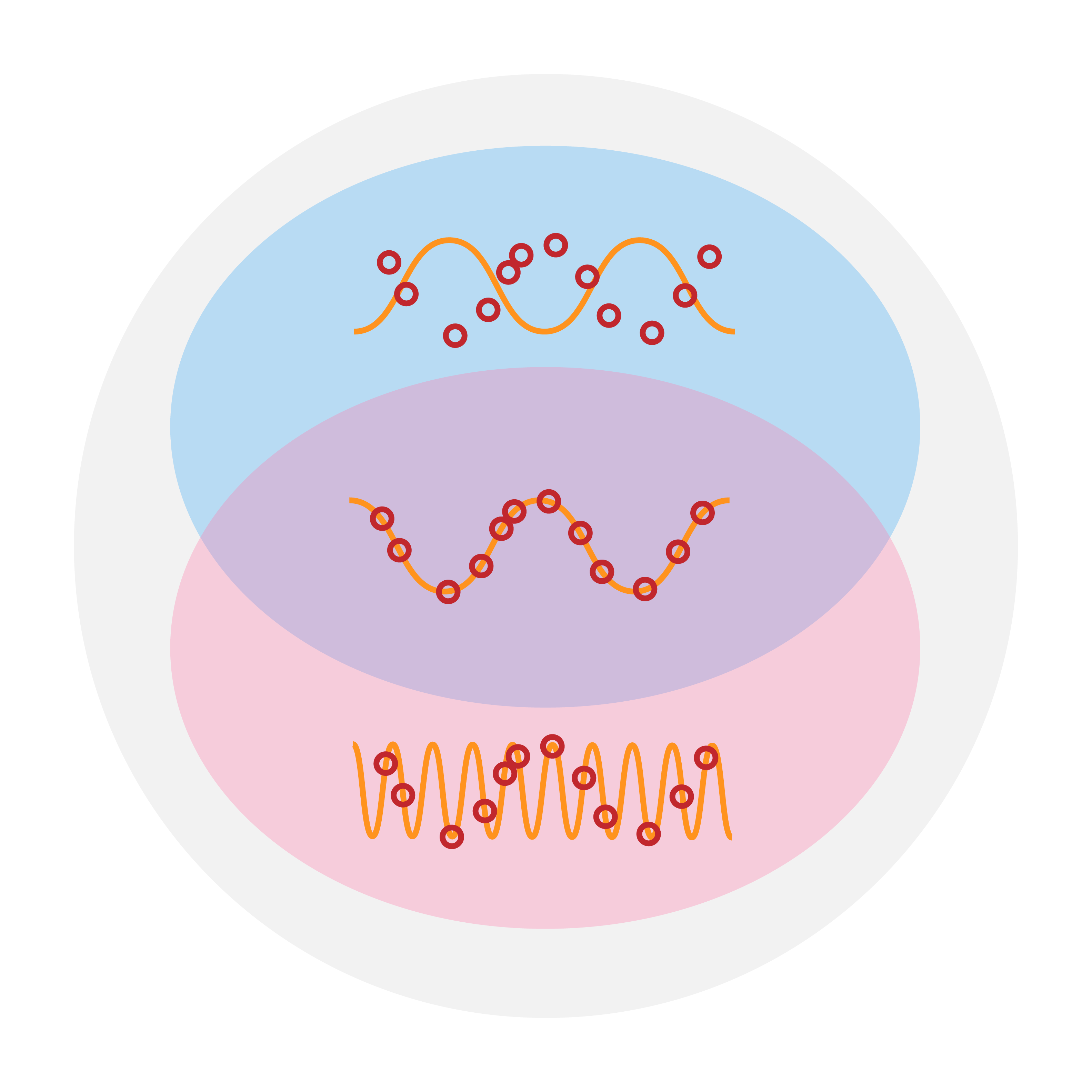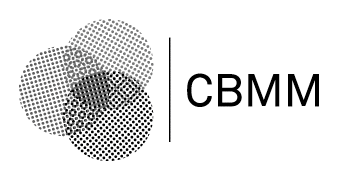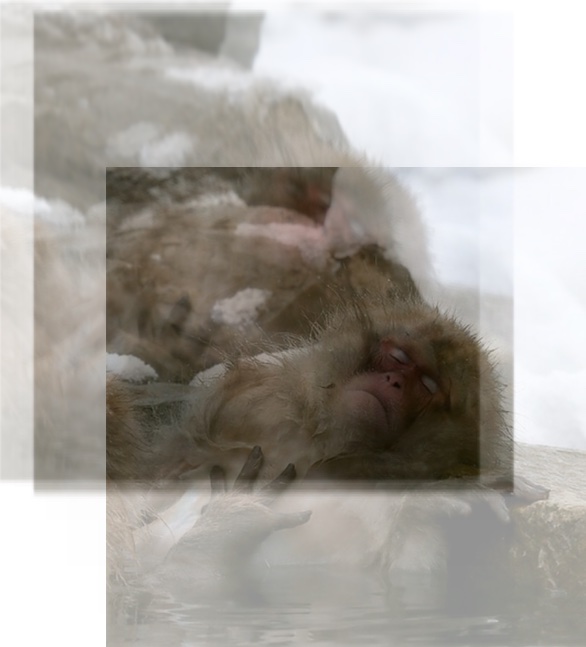Oct 19, 2021 - 4:00 pm Venue:
MIBR Seminar Room 46-3189 Address:
MIT Building 46 | Brain and Cognitive Sciences Complex, 43 Vassar Street, Cambridge MA 02139
Speaker/s:
Trenton Bricken and Will Xiao, Kreiman Lab
Will Xiao's presentation
Title: What you see is what IT gets: Responses in primate visual cortex during natural viewing
Abstract: How does the brain support our ability to see? Studies of primate vision have typically focused on controlled viewing conditions exemplified by the rapid serial visual presentation (RSVP) task, where the subject must hold fixation while images are flashed briefly in randomized order. In contrast, during natural viewing, eyes move frequently, guided by subject-initiated saccades, resulting in a sequence of related sensory input. Thus, natural viewing departs from traditional assumptions of independent and unpredictable visual inputs, leaving it an open question how visual neurons respond in real life.
We recorded responses of interior temporal (IT) cortex neurons in macaque monkeys freely viewing natural images. We first examined responses of face-selective neurons and found that face neurons responded according to whether individual fixations were near a face, meticulously distinguishing single fixations. Second, we considered repeated fixations on very close-by locations, termed ‘return fixations.’ Responses were more similar during return fixations, and again distinguished individual fixations. Third, computation models could partially explain neuronal responses from an image crop centered on each fixation.
These results shed light on how the IT cortex does (and does not) contribute to our daily visual percept: a stable world despite frequent saccades.
Trenton Bricken's presentation:
Title: Attention Approximates Sparse Distributed Memory
Abstract: While Attention has come to be an important mechanism in deep learning, it emerged out of a heuristic process of trial and error, providing limited intuition for why it works so well. Here, we show that Transformer Attention closely approximates Sparse Distributed Memory (SDM), a biologically plausible associative memory model, under certain data conditions. We confirm that these conditions are satisfied in pre-trained GPT2 Transformer models. We discuss the implications of the Attention-SDM map and provide new computational and biological interpretations of Attention.
---
The Fall 2021 CBMM Research Meetings will be hosted in a hybrid format. Please see the information included below regarding attending the event either in-person or remotely via Zoom connection
Details to attend talk remotely via Zoom:
Zoom connection link: https://mit.zoom.us/j/95527039951?pwd=T2cvYnRyQ0F6elVKWWdXNVg3UWhaZz09
Guidance for attending in-person:
MIT attendees:
MIT attendees will need to be registered via the MIT COVIDpass system to have access to MIT Building 46.
Please visit URL https://covidpass.mit.edu/ for more information regarding MIT COVIDpass.
Non-MIT attendees:
MIT is currently welcoming visitors to attend talks in person. All visitors to the MIT campus are required to follow MIT COVID19 protocols, see URL https://now.mit.edu/policies/campus-access-and-visitors/. Specifically, visitors are required to wear a face-covering/mask while indoors and use the new MIT TIM Ticket system for accessing MIT buildings. Per MIT’s event policy, use of the Tim Tickets system is required for all indoor events; for information about this and other current MIT policies, visit MIT Now.
Link to this event's MIT TIM TICKET: https://tim-tickets.atlas-apps.mit.edu/LmU6ubyLqvMEGYYh6
To access MIT Bldg. 46 with a TIM Ticket, please enter the building via the McGovern/Main Street entrance - 524 Main Street (on GPS). This entrance is equipped with a QR reader that can read the TIM Ticket. A map of the location of, and an image of, this entrance is available at URL: https://mcgovern.mit.edu/contact-us/
General TIM Ticket information:
A visitor may use a Tim Ticket to access Bldg. 46 any time between 6 a.m. and 6 p.m., M-F
A Tim Ticket is a QR code that serves as a visitor pass. A Tim Ticket, named for MIT’s mascot, Tim the Beaver, is the equivalent of giving someone your key to unlock a building door, without actually giving up your keys.
This system allows MIT to collect basic information about visitors entering MIT buildings while providing MIT hosts a convenient way to invite visitors to safely access our campus.
Information collected by the TIM Ticket:
- Name
- Phone number
- Email address
- COVID-19 vaccination status (i.e., whether fully vaccinated or exempt)
- Symptom status and wellness information for the day of visit
The Tim Tickets system can be accessed by invited guests through the MIT Tim Tickets mobile application (available for iOS 13+ or Android 7+) or on the web at visitors.mit.edu.
Visitors must acknowledge and agree to terms for campus access, confirm basic contact information, and submit a brief attestation about health and vaccination status. Visitors should complete these steps at least 30 minutes before scanning into an MIT building.
For more information on the TIM Tickets, please visit https://covidapps.mit.edu/visitors#for-access
Organizer:
Hector Penagos Organizer Email:
cbmm-contact@mit.edu










